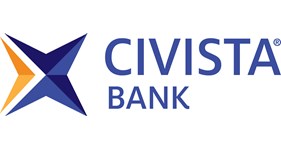A home is one of the biggest purchases you will likely make in your lifetime and like most homebuyers, saving for a down payment is a primary goal. Depending on the type of mortgage you choose, down payments can vary. For example, if your down payment is 3% of a $200k purchase price, you will need $6k to start.
In addition to the down payment, there are other costs associated with buying a home that you will need to consider.
Closing costs: These costs can range from 2 to 5% of the loan amount. Costs such as an appraisal, origination, underwriting, recording, inspection, attorney, and other fees. Every buyer must pay these fees as they are part of the mortgage process. Your loan officer will provide your closing costs on the loan estimate and can guide you with other options if you don't have enough saved.
Escrows: Although it's not necessary to include your property taxes and homeowners' insurance into your monthly mortgage payment, most borrowers prefer this option. The lender will collect money upfront at closing so they can set up an escrow account. When the bills are due, the lender makes the payments on your behalf from the escrow account. These costs will also be on the loan estimate if your decision is to escrow.
Home repairs/improvements: Whether you're buying a new home or a fixer-upper, you may want additional savings in case you plan on improvements such as painting, decorating, additions, general repairs, and regular maintenance projects. Although these costs will not be included in your loan estimate, it's important to be prepared in case you choose to make some enhancements or if repairs are necessary.
Bottom line: The dream of homeownership is attainable for anyone. Do plenty of research. Knowledge is the key and the more you have, the better prepared you will be. If you are in the marketing for a home, reach out to your loan officer who can go over the many options available to you.
Source: Mortgage Market Guide




